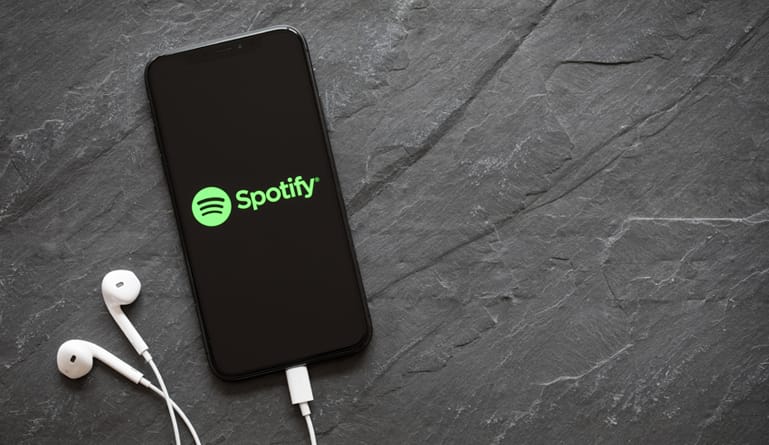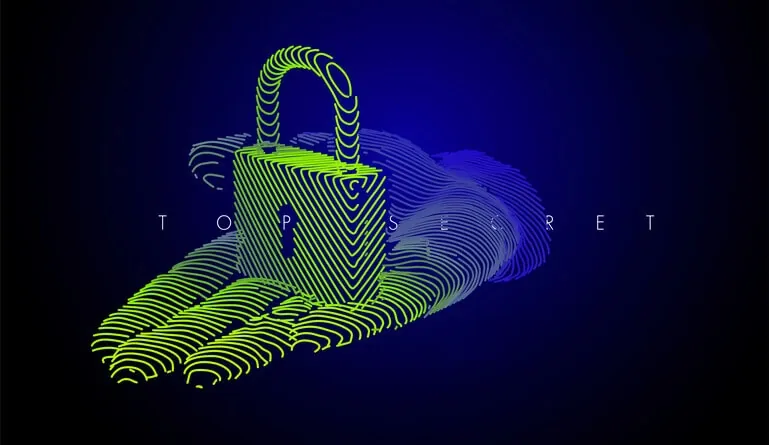It seems that Spotify will not censor artists under suspicion of being aggressors after all. All in all, it’s just an adjustment in a Policy Update that was intended to please activist and civic organizations seeking to punish artists’ “hateful conduct.”
“Our role is not to regulate artists. Therefore, we are moving away from implementing a policy around artist conduct,” said the company in a blog post on June 1st.
Spotify had stated that they would “in some circumstances, when an artist or creator does something that is especially harmful or hateful (for example, violence against children and sexual violence), it may affect the ways we work with or support that artist or creator.” That position put the streaming giant in hot water with some producers and artists.
Billboard later reported that a group of producers and performers criticized the new policy calling it “censorship” and some of them not only showed concern, but they threatened with taking action, by retiring their content from the platform.
“I don’t think it’s right for artists to be censored, especially in our culture,” said Anthony “Top Dawg” Tiffith, CEO of Top Dawg Entertainment, a label representing artists like Kendrick Lamar. Since the announcement, Spotify withdrew the material from rappers XXXTentacion and R.Kelly, who were accused of different charges of sexual misbehavior.
“While we believe our intentions were good, the language was too vague; we created confusion and concern and didn’t spend enough time getting input from our own team and key partners before sharing new guidelines,” said Spotify.
The streaming company later noted that while they are withdrawing that part of their updated policy, they will continue addressing hate speech.
“The second part of our policy addressed hate content. Spotify does not permit content whose principal purpose is to incite hatred or violence against people because of their race, religion, disability, gender identity, or sexual orientation. As we’ve done before, we will remove content that violates that standard. We’re not talking about offensive, explicit, or vulgar content – we’re talking about hate speech,” clarified the company in the blog post about the issue.
With this move, Spotify draws a line in their policy, one that the whole industry will take notice.





